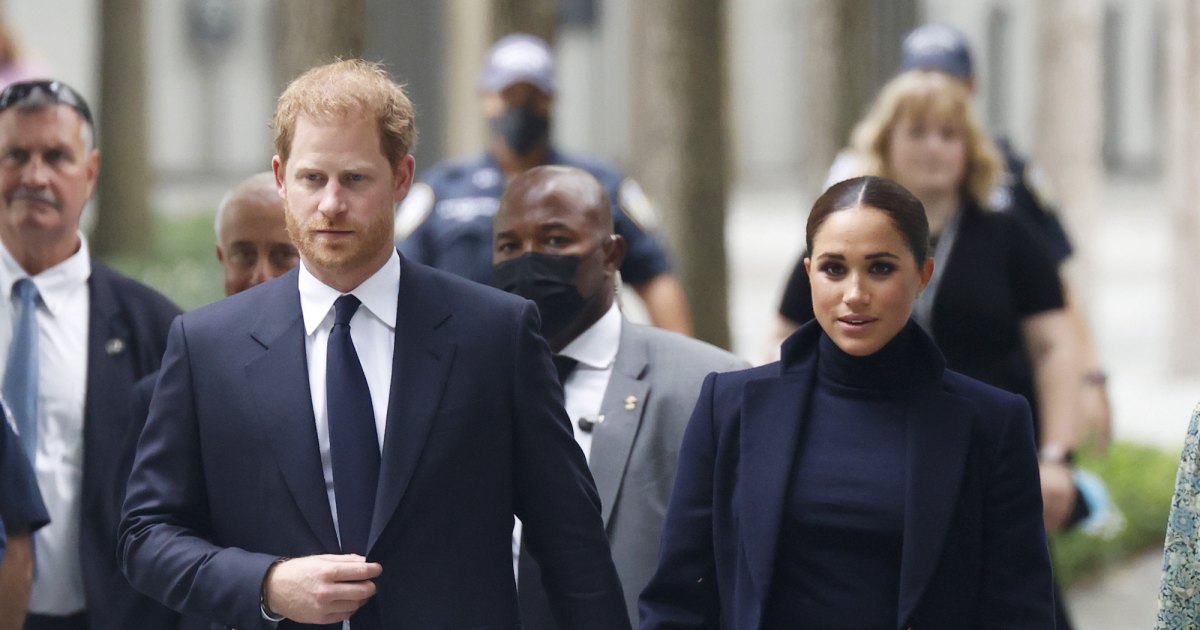
Prince Harry Settles Phone-Hacking Case: A Closer Look at the Settlement

Prince Harry reaches a settlement in his phone-hacking case against Mirror Group Newspapers, securing a substantial payout. Explore the details of the settlement and the implications of the case.
The Legal Battle Unfolds
In a recent legal development, Prince Harry has reached a significant milestone in his ongoing battle against Mirror Group Newspapers. The Duke of Sussex, represented by lawyer David Sherborne, is set to receive a substantial payout following the settlement of remaining aspects of his phone-hacking case. This high-profile case has captured the attention of the public and legal experts alike, shedding light on the intricacies of privacy laws and media ethics.
The High Court in London was the stage for the latest proceedings, where Sherborne emphasized that MGN, the publisher of The Daily Mirror, will not only provide a substantial sum in damages to Prince Harry but also cover his legal expenses. This marks a pivotal moment in the legal saga that began with allegations of unlawful information gathering and privacy breaches against the renowned publication.
The court's previous ruling in favor of Prince Harry, acknowledging him as a victim of phone hacking and other illicit information gathering methods by MGN, set the groundwork for the current settlement. With damages amounting to £140,600 awarded to the Duke of Sussex, the case highlighted the challenges faced by public figures in safeguarding their privacy and personal data in an increasingly connected world.
Implications and Repercussions
The ramifications of this settlement extend beyond financial compensation, delving into the broader implications for media accountability and privacy rights. Prince Harry's decision to pursue legal action against MGN reflects a larger conversation surrounding the responsibilities of media outlets in protecting individuals' privacy and upholding ethical journalism standards.
By bringing attention to the prevalence of phone hacking and unlawful information gathering practices in the media industry, this case serves as a cautionary tale for both publishers and public figures. The resolution of the legal dispute underscores the importance of transparency, accountability, and adherence to legal boundaries in media reporting, setting a precedent for future cases involving privacy violations and journalistic integrity.
As the details of the settlement emerge, it prompts a critical examination of the power dynamics between the press and public figures, highlighting the need for robust legal frameworks to safeguard individuals' rights in the digital age. Prince Harry's pursuit of justice in this case not only reinforces the value of privacy rights but also raises awareness about the complexities of navigating the intersection of media scrutiny and personal privacy in a modern society.
Looking Ahead
While the resolution of Prince Harry's phone-hacking case marks a significant milestone in his legal battle, it also signals a new chapter in the ongoing dialogue surrounding media ethics and privacy protection. The outcome of this high-profile settlement sets a precedent for accountability in the media landscape, emphasizing the importance of upholding ethical standards and respecting individuals' privacy rights.
Moving forward, the implications of this case are likely to reverberate across the media industry, prompting a reevaluation of journalistic practices and the boundaries of investigative reporting. The public scrutiny and legal proceedings surrounding Prince Harry's case serve as a reminder of the complexities inherent in balancing freedom of the press with the rights to privacy and dignity.
As we await further updates on this developing story, it is evident that the resolution of Prince Harry's legal dispute with Mirror Group Newspapers will have lasting implications for media regulation, public perception of press integrity, and the protection of individuals' privacy in an era defined by rapid digital communication and information dissemination.













